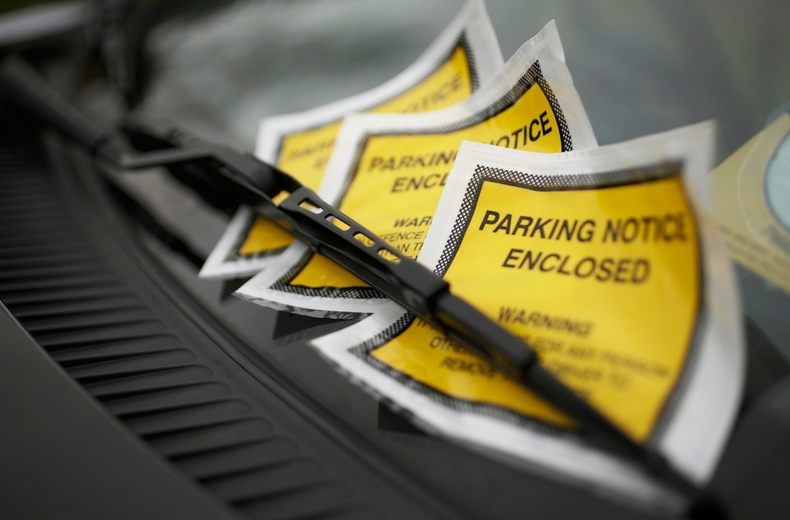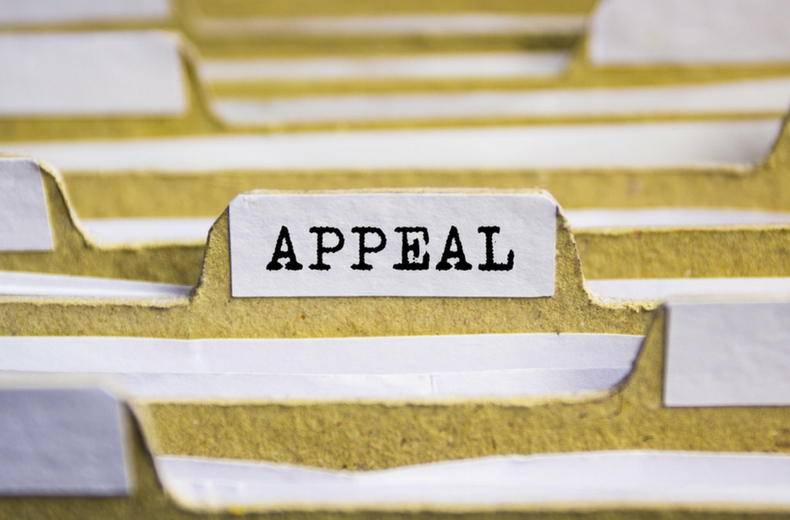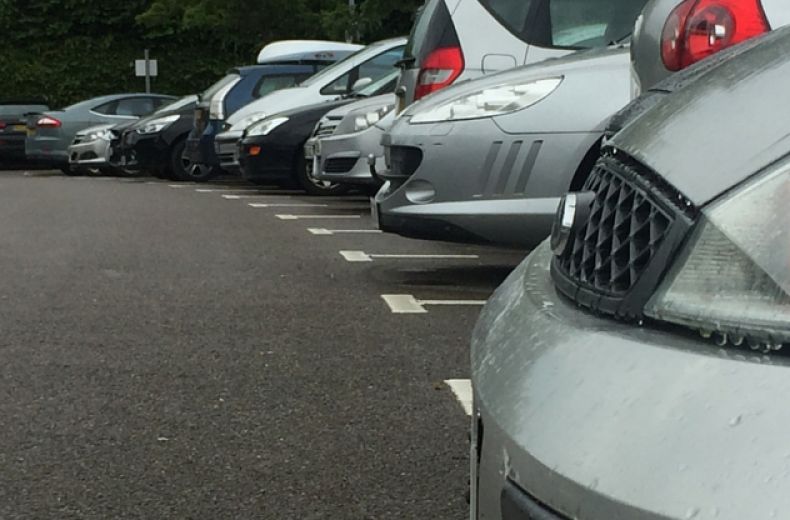These types of fines are the result of committing a parking offence while parking on private property and have their own rules and regulations to abide by.
They even have a different method of appealing - which is why it is so important to know the difference.
The rules for private parking, however, are not always made clear before you enter the car park.
For instance, did you know that by parking in a private car park space, you are effectively signing up to a contract between you – the person to whom a vehicle is registered in the DVLA database – and the operator of the car park?
This means you are agreeing to their terms and conditions upon entry, perhaps without realising.
For that reason we have outlined everything you need to know here, from ways to make sure you don't receive charges to the process of appeal should you receive a charge.
MORE ADVICE: Is it illegal to drive barefoot?
What is a Parking Charge Notice?

Parking Charge Notices are the result of a parking infringement on private land or in a car park which is operated by private organisations on behalf of the landowner, and are not enforced by the local highways authority or the police.
This means you are liable to a Parking Charge Notice as opposed to a local-authority-issued parking ticket or Penalty Charge Notice.
Note the acronym for both is, confusingly, the same - PCN!
Typically, the types of car parks that issue Parking Charge Notices are found at airports, railway stations, supermarkets, fast food restaurants, out of town retail outlets - but can also be found in other places such as private car parks close to coastlines.
The need-to-know facts
- If you are unfortunate enough to receive a fine, it is likely that a yellow plastic packet will be stuck onto your windscreen, very similar in appearance to one you may receive from a local authority. This will usually say 'Parking Charge Notice', rather than 'Penalty Charge Notice', and will indicate that the operator believes you have contravened the terms and conditions of the car park.
- If the operator is a member of an accredited trade association such as the British Parking Association (BPA) or the International Parking Committee (IPC), the ticket should give reasons for the contravention and methods to pay, and should also contain information on how you can appeal.
- If your car is being or has been clamped, whoever is doing this is breaking the law in England, Wales and Scotland. Clamping on private land became illegal in 2012 in England and Wales but there may be local by-law exceptions to this and notices to this effect should be displayed. You would be within your rights to call the police to report clamping.
- Similarly, if someone demands a penalty from you on the spot, you should contact the police. However, if you overstay by half an hour and the attendant asks for the standard fee for the extra half hour (i.e. no penalty) this would be seen as reasonable.
READ MORE: What is a tyre speed rating?

Breakdown cover that’s cheaper than AA – from £5.49 for Roadside!*
Complete peace of mind for less
• Cheaper than AA Price Guarantee^
• We get to most breakdowns in 60 mins or less
• Our patrols fix 4/5 breakdowns on the spot

Parking Charge Notice - what you need to know
- When you park your vehicle, be sure to always look for signage of terms and conditions. If signs are hard to find or obscured this may stand you in good stead should you receive a Parking Charge Notice.
- Make sure your vehicle is parked within the bays – operators are known to ticket motorists who have parked over the lines.
- Do not park in disabled bays unless you have a blue badge.
- Take note of the time you are allowed to park, when you parked, and whether you are required to pay to use the car park. Where possible, we recommend setting a timer on your phone/watch to remind yourself when you are due back.
- Local authorities in England only offer a 10 minute grace period.
- Private parking companies are known to issue Parking Charge Notices even if you are just a few minutes late. Unlike with local authority parking in England, there is no statutory 10 minute grace period. Operators who are BPA members are supposed to abide by the BPA code of practice which drivers should be given a 10 minute grace period. If you haven’t received a 10 minute grace period between when the ticket expired and parking notice was issued, you should have good grounds to appeal.
READ MORE: What is a smart motorway?
5 Star Defaqto rated cover
RAC Comprehensive Car Insurance Plus has been given a 5 Star Rating by Defaqto. Get a quote online today.


How to appeal Parking Charge Notices

An appeal could be launched in any incident where you feel you have not breached the terms and conditions or if you feel the fine is disproportionate.
- Firstly, if you feel you have been unfairly charged, do NOT pay anything. Paying immediately online or sending a cheque in the post is an admission of guilt and you cannot then subsequently appeal.
- Gather evidence whilst on site, including taking pictures of signs, proof of time of return, how your vehicle was parked, or keep receipts if you have been accused of not using facilities or going off-site.
- An appeals process will require that in the first instance, you lodge an appeal with the operator or local authority. The easiest way is to do this online - check the private company or local authority's website, or for appeals with Scottish local authorities check MyGov.scot. Many private operators will give you a reduced charge if you pay within 14 days. Appealing in the first instance will retain your right to pay at this rate even if the operator rules you are still in contravention.
- It is always useful to check whether the operator is a member of the BPA or IPC. Check their code of practice to see whether the operator has acted in accordance and whether the reason for their ‘ticket’ is appropriate.
- If the parking operator is not a member of the BPA, unfortunately they may have their own rules. It will then be up to you as to whether you wish to take advice from the Citizen’s Advice or other legal representation – the RAC offers legal advice to its members on 0330 159 0275.
- If you wish to appeal further, you can take your case to POPLA - but please note POPLA will only consider appeals against Parking Charge Notices issued by a member of the BPA. POPLA is a free service for motorists, and operators pay for costs associated with cases that motorists take to them, however appealing at this stage may result in the parking operator withdrawing the ability to pay the parking charge at the reduced rate.
- If your formal appeal is rejected or you can't appeal, there are still things you can do. You can choose not to pay your parking ticket and the parking company will decide if it’s worth taking you to court. If the parking company takes you to court and you lose, you’ll have to pay the fine. Also. you might have to pay court costs. If you don’t want the private parking company to take you to court, you should pay the fine. However, when you pay, you should say you’re ‘paying under protest’. Then you can go to court and make a ‘small claim’ to try to get your money back. Finally, you can contact the Citizens Advice and report the parking company to Trading Standards because your ticket was unfair. .
Want to protect yourself against any losses after an accident? Get legal expenses insurance from just £15 a year with RAC Legal Care Plus.
Get complete peace of mind at the roadside and at home with RAC breakdown cover today.










